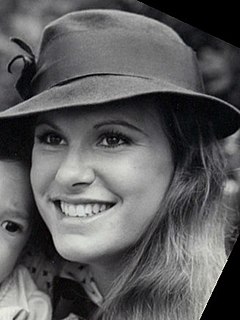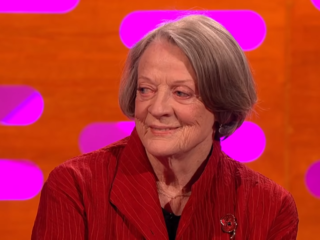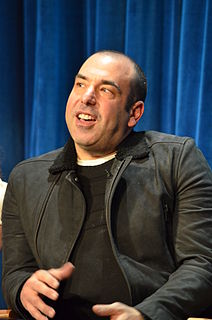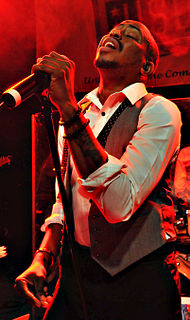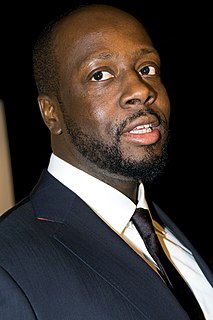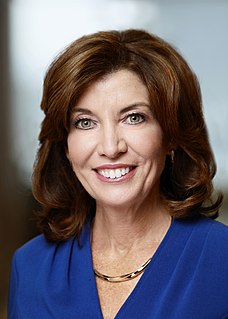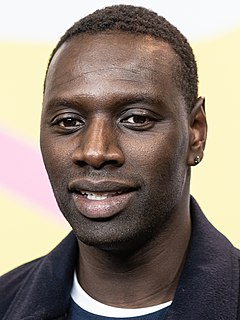A Quote by Karamo Brown
My household runs the same way it was with my parents, who were a mother and father with their kids.
Related Quotes
Coming from a single parent household, I witnessed firsthand the strength and courage of the single mother. I always had my father in my life but my household was run by my mother and my grandmother. As a result, I have always had the utmost respect for women and have chosen to strongly convey that in my music.
My mother saw her mother... her father walked out when they were very young and it was a lot of, I'd say more verbal abuse than physical, but it was the same. And my mother, back in the 70s, became an advocate for victims of domestic violence way before anybody in the Legislature was talking about it.
I understood from a very young age that school was important and that my parents were making great sacrifices for me. Every morning I saw my father get up and go to a job that he didn't really like. They came to France for the same reasons all immigrants move to another country - so their kids could have a better way of life.
I didn't like what was on TV in terms of sitcoms?it had nothing to do with the color of them?I just didn't like any of them. I saw little kids, let's say 6 or 7 years old, white kids, black kids. And the way they were addressing the father or the mother, the writers had turned things around, so the little children were smarter than the parent or the caregiver. They were just not funny to me. I felt that it was manipulative and the audience was looking at something that had no responsibility to the family.



